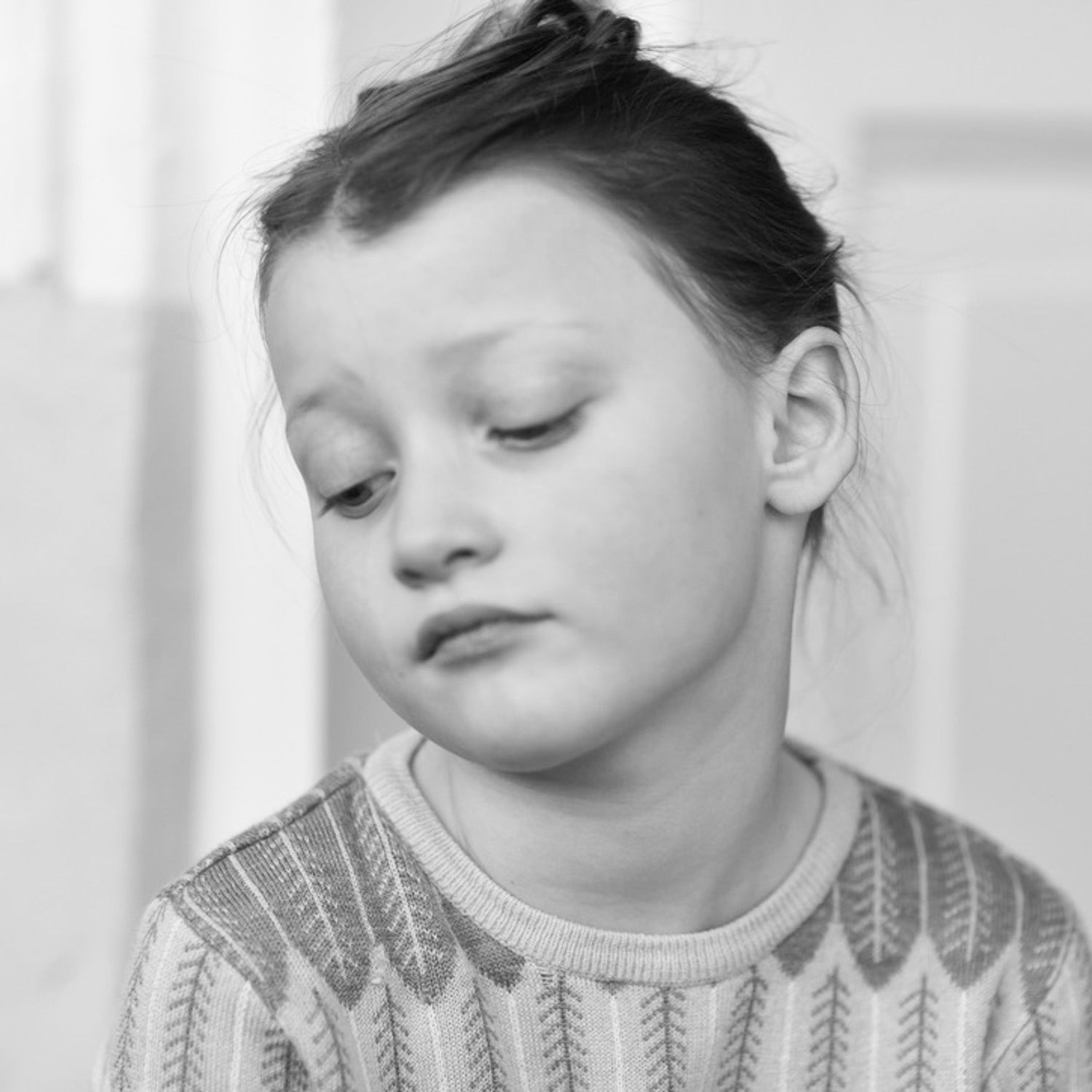Learn from their mistakes
Failure is a natural part of life. Whether it's failing an exam, missing a soccer game, or not completing a task we set out to do, it's something we all experience at times. Hopefully one learns from his mistakes. But how does it really affect us and why do people react differently when they fail?
From a psychological perspective, failure is not always a negative thing. It can have a function and contribute to our personal and psychological development. Failure can be a path to learning and development, as it gives us the opportunity to reflect on what went wrong, identify areas that can be improved, and find new ways to handle similar situations in the future. It can also help us develop self-awareness and increased awareness of our strengths and weaknesses. One learns from one's mistakes!
How we react to failure varies from person to person. Some people are motivated to try again when they fail - others give up right away. According to psychologist Carol Dweck's research, there are two different mindsets we can have around failure: "dynamic mindset" or "fixed mindset." It is what affects how we interpret failure and how we deal with it.
According to Dweck, those with a "dynamic mindset" view failure as an opportunity to learn and improve themselves. They believe that their abilities and potential can be developed through effort and learning, and that failure is a natural part of that process. When they fail , they interpret it as a temporary setback and make another attempt to keep fighting to achieve their goals.Again: learn from their mistakes.
Dweck suggests that those with a "fixed mindset" have a belief that abilities are static and unchanging. They believe that failure is an indication of their lack of ability and that the situation will not improve through effort. When they fail, they interpret it as a defeat and give up to avoid feeling like a failure and confirm the perception of their own limitations.
Afraid to fail
So, is it psychologically bad to fail? The answer is no, not always. Failure can be an important part of the journey, especially if we have a "dynamic mindset". Research shows that the attitude and attitude we have towards failure can affect our emotional and psychological well-being. Having a "dynamic mindset" can help us be more motivated, patient and willing to learn from our mistakes, which can lead to an increased ability to handle and overcome adversity.
Don't be afraid to fail!
However, it is also important to understand that failure can affect us in different ways and that it is completely normal to feel negative emotions such as sadness, disappointment, anger or fear when we fail. It is important to allow ourselves to feel these emotions and to deal with them in a healthy way. Denying or ignoring the feelings can cause them to be suppressed and this can affect our well-being in the long term.
Here are some tips on how to talk to children about failure (based on psychological research):
Emphasize the importance of trying and learning: Focus on the process rather than the outcome. Emphasize that trying is important and that failure is a natural part of learning.
Show empathy and support: Be sensitive to the child's feelings when they fail and show understanding and empathy. Encourage them to talk about their feelings and give them support and comfort. Show that you believe in their ability to handle adversity and that they are more than their failures.
Avoid putting pressure or criticizing: Avoid using negatively charged words or criticizing the child when they fail. It can increase their fear of failing again and create negative self-image. Instead, focus on encouraging and supporting their efforts and progress.
Teach them to manage their emotions: Help children develop skills to manage their feelings about failure. It could be finding ways to relax and manage stress. It is important that they learn that it is okay to feel disappointed or sad, but that with support they are helped to deal with the feelings.
Foster a positive self-image: Help children understand that failures do not define them as people. It is important to promote a positive self-image and emphasize that their worth is not linked to their achievements. Encourage them to focus on their strengths and progress.
Be a role model: As a parent, you are an important role model for your child. Show how you handle failure yourself in a positive way by being open about your own mistakes and how you learn from them. In this way, you can show your child that failures are a part of life and that it is possible to deal with them in a constructive way.
Foster a culture of permissiveness and acceptance: Create an environment where it's okay to fail and where your child feels they can be open and honest about their mistakeswithout feeling shame or fear of being judged. By fostering a culture of permissiveness and acceptance, you can help your child feel safe and allowed to explore and learn without fear of failure.
It is also important to distinguish between failing at something and feeling like a failure as a person. Failures are temporary events and part of life's learning process, while feeling like a failure can be a deeper feeling of not being adequate as a person. It is important to understand that we all fail sometimes and that does not make us a failure. Differentiating between these two concepts can help children deal with failure in a more constructive way and avoid internalizing failure as part of the self-image.
New research have shown that there is a link between the brain's reward system and our behavior after failure. Studies have shown that there is increased activity in the brain's reward system after failure, which can affect our motivation and willingness to try again. This increased activity in the brain's reward system may be one reason why some people feel motivated to try again after failure, while others may feel a decrease in motivation.
Another factor that can affect how we react to failure is our cognitive ability to deal with negative emotions and thoughts. People who have a more positive self-image and stronger self-regulation are more likely to deal with failure in a constructive way. They can reflect on what they can learn from the failure and how they can improve their future attempts, instead of letting it negatively affect their self-image.
It is important to deal with failures in a supportive and constructive way, both for ourselves and when we talk to children about them. By emphasizing learning, process and effort and by showing empathy, encouragement and support, we can help children and ourselves see failure as a natural part of life and an opportunity to grow and develop.
Talking about emotions helps children become aware of their feelings and be able to express them. Our emotional cards are a nice little tool on the journey towards emotional intelligence. You will find them HERE





